Tara Brag is an integral part of the London queer collective House of Brag, and he spoke to Patrick Cash about the gay community in London, why we should keep politically alert and the documentary he’s made on the Brixton Fairies.
Image courtesy of Deimantas Rojus.
By Patrick Cash (Twitter.com/@paddycash)
Tell us a bit about yourself.
I’m Tara Brag, I was involved in setting up and running squatted queer social centres as part of the House Of Brag collective. I’m currently working on filmmaking and will be showing my first film “Brixton Fairies: Made Possible by Squatting” on Wednesday 19th February.
What is the House of Brag?
The House of Brag was set up in October 2012 to address a need – that myself and a lot of my friends had – for an alternative to the commercial scene. We ran many events: self-defence workshops, film screenings, talks, singalongs, parties; and had hot meals and tea and coffee all on a donate-what-you-like basis. We went into it as complete novices to squatting and running community centres, but drew on the experience of people around us to navigate the steep learning curve.
What is the ethos of the London Queer Social Centre?
Being poor ourselves, there is a large emphasis on running things for free where possible. We didn’t want to be in a position having to extract large amounts of money from the community we were trying to provide for, so we kept costs as low as possible by squatting (reclaiming abandoned buildings), skipping (reclaiming wasted supermarket food), and tatting (reclaiming wasted furniture/electronics). We easily made back the small amount of money we did spend from donations. One of our informal goals was to “radicalise the queers and queer the radicals” as one crewmate put it. Not only did we expose many people on the squatting scene to LGBTQ issues, but we also attracted people from the gay scene who were then exposed to ideas they may not otherwise have encountered. One man took the microphone at the end of a night of music and poetry to say how he’d been on the scene for years and never felt so welcomed and inspired. We sometimes functioned as a bridge for those two worlds.
How did your documentary about Brixton queer squatting in the 70s come about?
I was interested in the history of squatting, particularly the history of queer squatting and eventually discovered that there had been a squatted gay community centre in Brixton in 70s. Around the same time some friends of mine were setting up a squatting archive project (squatting is usually very poorly documented) to trace our cultural indebtedness to the squatting movement and I wanted to make a contribution about the gay squatting community in Brixton. As I researched the idea it grew into a film.
What can we expect from the documentary?
The film is a series of interviews with Gay Liberation Front (GLF) members who lived in the squatting community on Railton Road which developed around the (very first!) Gay Community Centre. They talk about the political atmosphere in the 1970s, what it meant for them personally to be a part of that community, and what the long-term political benefits of it were. Histories like this are extremely relevant today because they teach us that the progress we enjoy now happened as a result of direct action and political activity that emerged from the squatters’ movement. The first Prides, for example, were organised out of the squats on Railton Road, as was the National Gay News Defence Committee. So in this age of austerity (which is disproportionately affecting LGBTQ people) we shouldn’t be afraid to step outside of narratives of legitimate political action in order to fight for what we need. Also, by tracing what we have gained from the squatters movement, it inevitably highlights what we have already lost as a result of the criminalisation of residential squatting in September 2012, and what we still stand to lose as a result of the proposed ban on commercial squatting.
Who are/were the Brixton fairies?
The Brixton Fairies was actually the name of an agit prop theatre group that operated out of the gay squats on Railton Road. They did anti-capitalist street theatre that highlighted homophobia and sexism, often in drag, and often subjected to abuse by their audiences. The name Brixton Fairies began to be associated with the community in general, probably because it’s such a brilliant name.
How is the film/yourself involved with the UNITE and SERTUC groups?
The film has been generously funded by Unite LE/1148 Workers in Social Inclusion & Care Branch, I’m connected with them via Anton Johnson who I met at the House of Brag.
And finally, are you optimistic about the LGBT community of 2014?
It is certainly much easier to be gay now than it was in the 70s, in a lot of ways things have very much changed for the better. The GLF talk about being firebombed, attacked with machetes, being raided and abused by cops, and all manner of awful things that I’m really glad I never experienced. However they all talk very fondly of that time period, and something has certainly been lost. Back then identifying yourself as gay was to make a very political statement, a pride march in 1980 resulted in 10 arrests and “1,000 angry gays”- as one paper put it- beseiging a police station demanding their release. This history and even the word gay have since been sanitised. “I seriously miss them” one GLF member said. “We’ve become fragmented. When we were once a strong, powerful community, we’ve become fragmented.”
- ‘The Brixton Fairies: Made Possible by Squatting’ can be viewed online at the following link: http://laundrettefilms.wordpress.com/2014/03/21/brixton-fairies-made-possible-by-squatting/

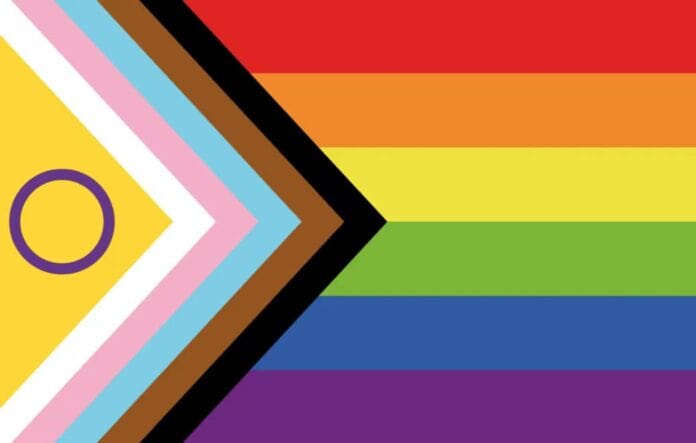
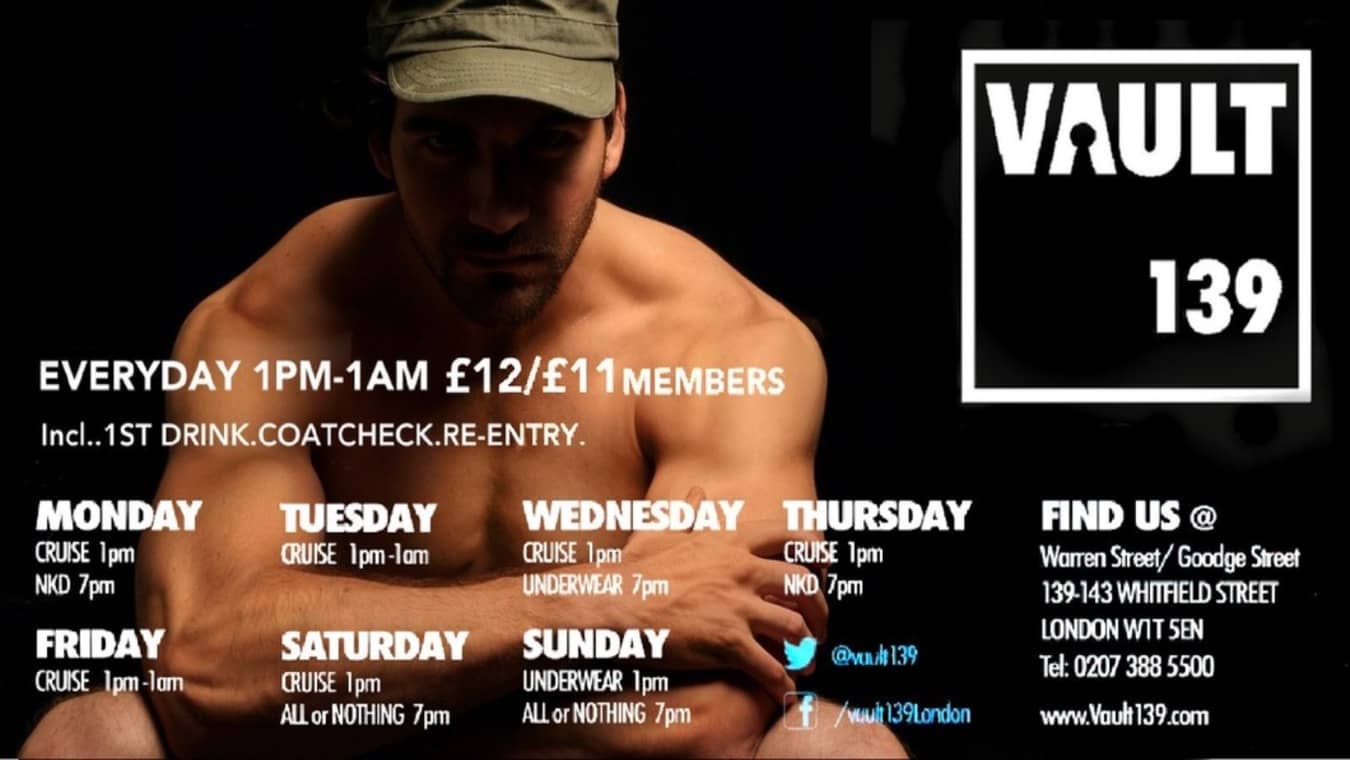
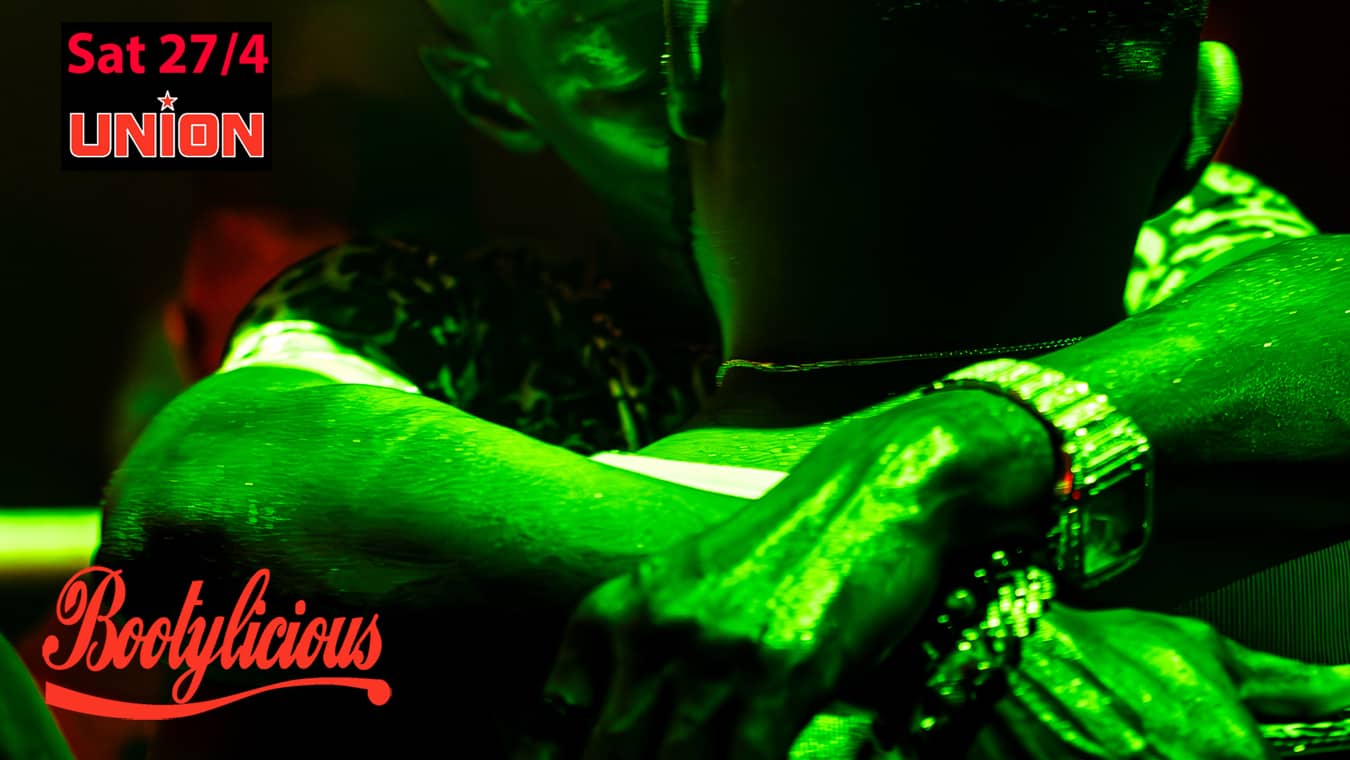
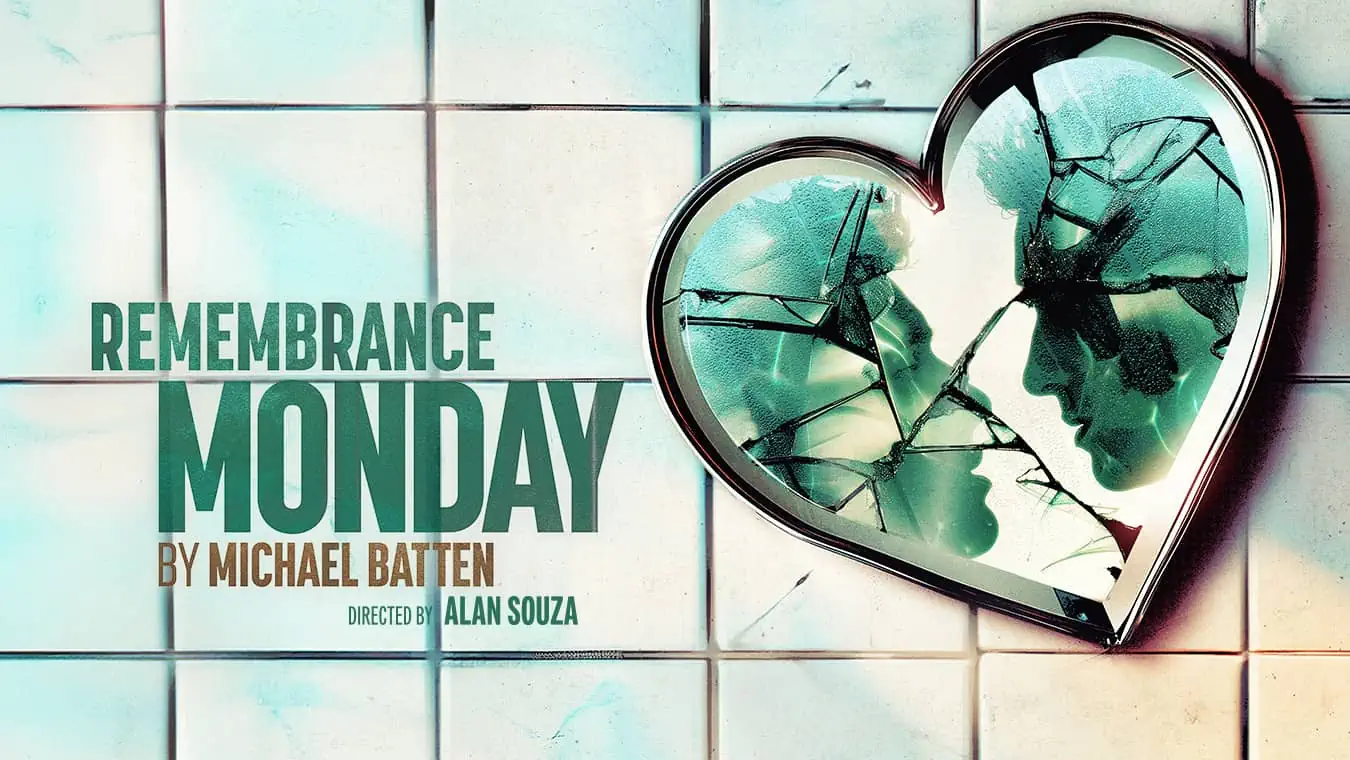


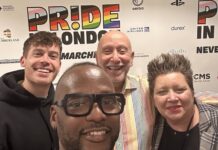
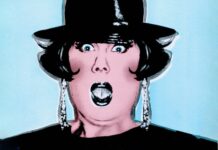

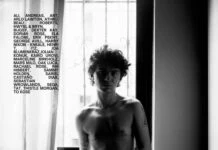


I would LOVE to see this but can’t make it this evening – where can we see this?
Hello there QX, would you mind crediting the photographer who took that amazing portrait of Tara? Thank you.